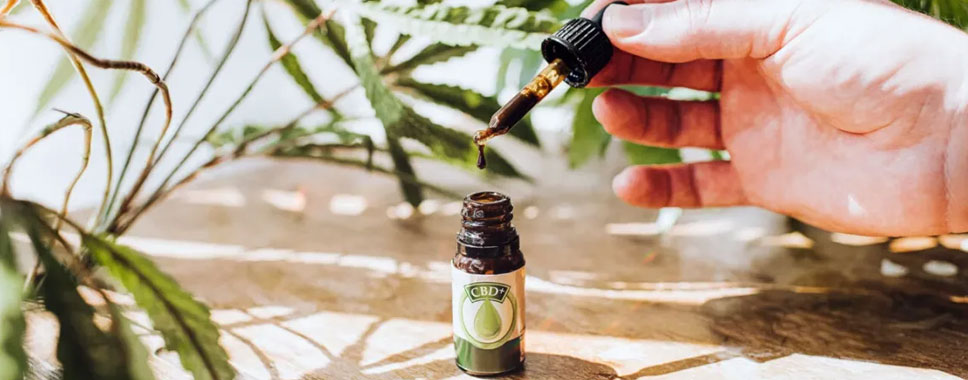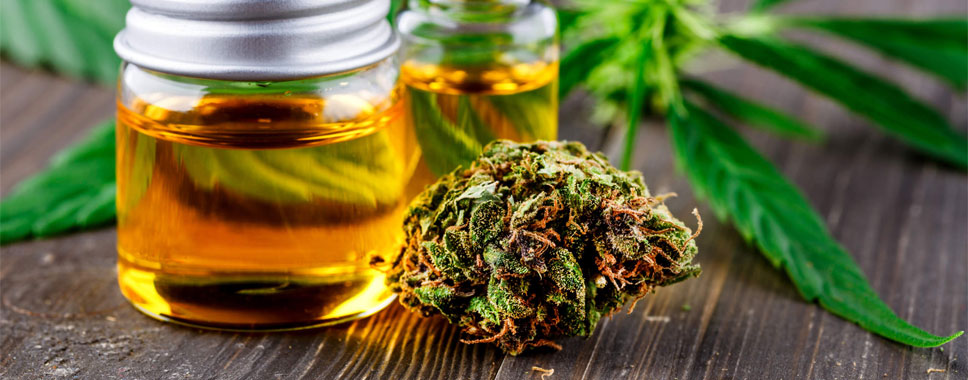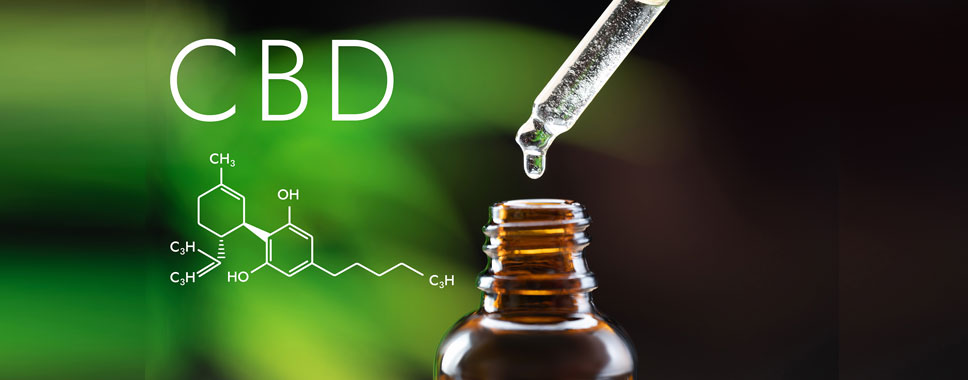By now, you’ve probably seen CBD everywhere—infused in oils, gummies, lotions, coffees, and even pet treats. It seems like everyone is talking about it, from wellness influencers to your aunt who swears it helps her knees. But among all the buzz and hashtags, one question stands out:
What is CBD actually good for?
Let’s break it down in simple terms—no hype, just facts and real-world uses.
🌿 What Exactly Is CBD?
CBD, short for cannabidiol, is a naturally occurring compound found in the cannabis plant. Unlike THC (tetrahydrocannabinol), CBD doesn’t get you high. It’s non-psychoactive, meaning you won’t feel “stoned” or “buzzed.” Instead, CBD interacts with your body’s endocannabinoid system, which helps regulate mood, pain, inflammation, sleep, and more.
Think of CBD as a gentle nudge toward balance—not a mind-altering trip.
✅ So, What Is CBD Good For?
Let’s get to the good stuff—how people actually use CBD and why it’s become such a wellness favorite.
1. Easing Anxiety and Stress
One of the most common reasons people reach for CBD is to help with anxiety or general stress. While it’s not a cure-all, many users report feeling calmer, more focused, and less overwhelmed after using CBD—especially during stressful days or before social events.
💬 “CBD helps take the edge off without making me feel out of it.”
Some studies back this up, suggesting that CBD may affect serotonin levels in the brain, which play a key role in mood and emotional regulation.
2. Promoting Better Sleep
If you struggle with falling asleep—or staying asleep—CBD might be a gentle helper. It doesn’t knock you out like sleeping pills, but it can help relax your body and mind enough to fall asleep naturally.
People often use CBD in the form of tinctures or gummies before bed to:
-
Wind down after a long day
-
Reduce nighttime anxiety
-
Wake up without grogginess
3. Relieving Pain and Inflammation
CBD has natural anti-inflammatory properties, making it popular among people dealing with:
-
Chronic pain (like arthritis or fibromyalgia)
-
Sore muscles
-
Migraines
-
Back pain
Topical CBD creams and balms are often used for targeted relief, while CBD oils and capsules are taken for full-body effects.
4. Supporting Mental Focus and Clarity
Believe it or not, some users say CBD helps them stay alert and focused, especially when dealing with scattered thoughts or anxiety. By calming the nervous system, it may help reduce the mental “noise” that gets in the way of concentration.
5. Helping with Skin Issues
Thanks to its anti-inflammatory and antioxidant properties, CBD is also making waves in the skincare world. It’s been used in creams and serums to help with:
-
Acne
-
Eczema
-
Redness or irritation
It may help soothe skin without harsh chemicals—perfect for people looking for gentler, plant-based alternatives.
6. Assisting with Seizure Disorders
In one of the most significant breakthroughs for CBD, the FDA approved Epidiolex, a CBD-based drug used to treat rare forms of epilepsy in children. This was a huge step in recognizing CBD’s medical potential.
⚠️ What CBD Isn’t Good For
While CBD shows promise in many areas, it’s not a miracle cure. It’s not meant to replace prescription medications without a doctor’s guidance. And while it can support wellness, it won’t solve all health issues.
Also, effects can vary based on the person, the dose, and the product. What works for one person might not work the same way for another.
🧘 Final Thoughts: Is CBD Right for You?
CBD is good for a lot of things—calming the mind, easing pain, improving sleep, and supporting general wellness. It’s natural, widely available, and doesn’t come with the high of THC. But like any supplement, it works best when used mindfully and with quality products.
If you’re curious about trying CBD, start slow, do your research, and choose reputable brands with third-party lab testing.
Your body is unique, and CBD might just be the gentle boost you’ve been looking for.
 hempcentral
hempcentral 



Comments